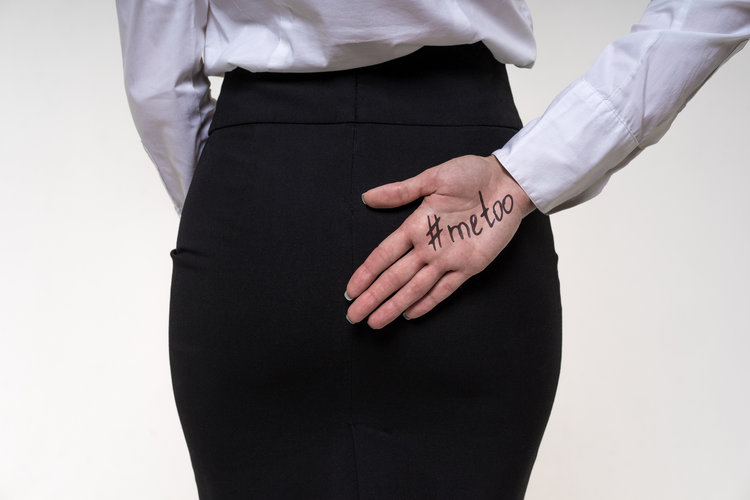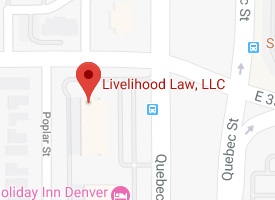
The term “me too” was originally coined more than a decade ago, by sexual assault survivor and activist Tarana Burke. But #MeToo became a social media phenomenon in October of 2017, when the New York Times published allegations against Hollywood mogul Harvey Weinstein from actress Ashley Judd and many other professional colleagues and employees. The allegations of sexual harassment and assault spread over a 30-year period and sparked a wave of awareness across the country, with many women and men sharing their personal stories of harassment.
The #MeToo movement sparked many conversations across the professional world about appropriate work place conduct. While this discussion may be long overdue, it’s left many people wondering what really constitutes sexual harassment?
Definition of Sexual Harassment
Sexual harassment is a type of sex discrimination that is protected by the Title VII of the Civil Rights Act of 1964 and Colorado state law when it happens at work. According to the U.S. Equal Employment Opportunity Commission guidelines, sexual harassment can be unwelcome sexual advances, requests for sexual favors, and other verbal or physical behavior of a sexual nature when:
- Submission to the sexual conduct is a term or condition of an individual’s employment, whether explicitly or implicitly.
- Submission to or rejection of the conduct is a basis for employment decisions.
- The conduct of a sexual nature has the effect or purpose of unreasonably interfering with work performance.
- Sexual conduct creates an intimidating, hostile, or offensive working environment.
The important factor is that the sexual conduct must be unwelcome. Sexual conduct in the workplace is considered unwelcome whenever the recipient considers it to be so. Both men and women can be the victim of sexual harassment and the harasser and the victim can also be the same or different genders.
Types of Sexual Harassment
Sexual harassment generally falls into two categories:
- hostile work environment
- quid pro quo
If conduct of a sexual nature is severe or pervasive enough to affect the terms or conditions of a victim’s employment, it is generally a “hostile work environment.” However, “quid pro quo,” a Latin phrase meaning “something for something,” involves demanding sexual favors in exchange for a benefit or avoiding punishment at work.
Let’s apply these definitions to the real-world allegations against Harvey Weinstein. If the allegations that Weinstein asked employees to perform sexual favors are proven true, they could constitute quid pro quo sexual harassment. Even if Weinstein didn’t explicitly tell employees they would be fired or harmed at work if they didn’t go along with his demands, the threat was implied. Allegations that Weinstein appeared in front of some female employees naked or required them to do things such as give him massages, could also give rise to a hostile work environment claim because the conduct, if true, was so severe and pervasive that it affected work conditions for those employees.
Harvey Weinstein’s alleged behavior is an extreme example, but it’s important to remember that not all sexual conduct in the workplace rises to the level of harassment. Minor insults or one-time occurrences, unless severe, may not be considered sexual harassment. Moreover, the individuals involved generally need a more formal relationship than simply professional colleagues. In the suit filed by Ashley Judd against Harvey Weinstein, part of her sexual harassment claim was dismissed because she wasn’t an employee of Weinstein’s. However, if the employer knows that this inappropriate behavior is taking place, and doesn’t do anything about it, or penalizes an employee for raising their concern about sexual harassment, that is absolutely illegal.
In the age of #MeToo, inappropriate work place conduct is finally getting the attention that it deserves. If you have questions about sexual harassment and your employer’s actions, Livelihood Law is here to help, because no one deserves to be subjected to sexual harassment in the workplace. Our experienced employment attorneys are happy to talk with you about your concerns. Contact us here today.


